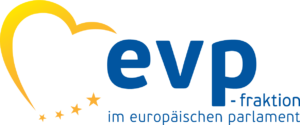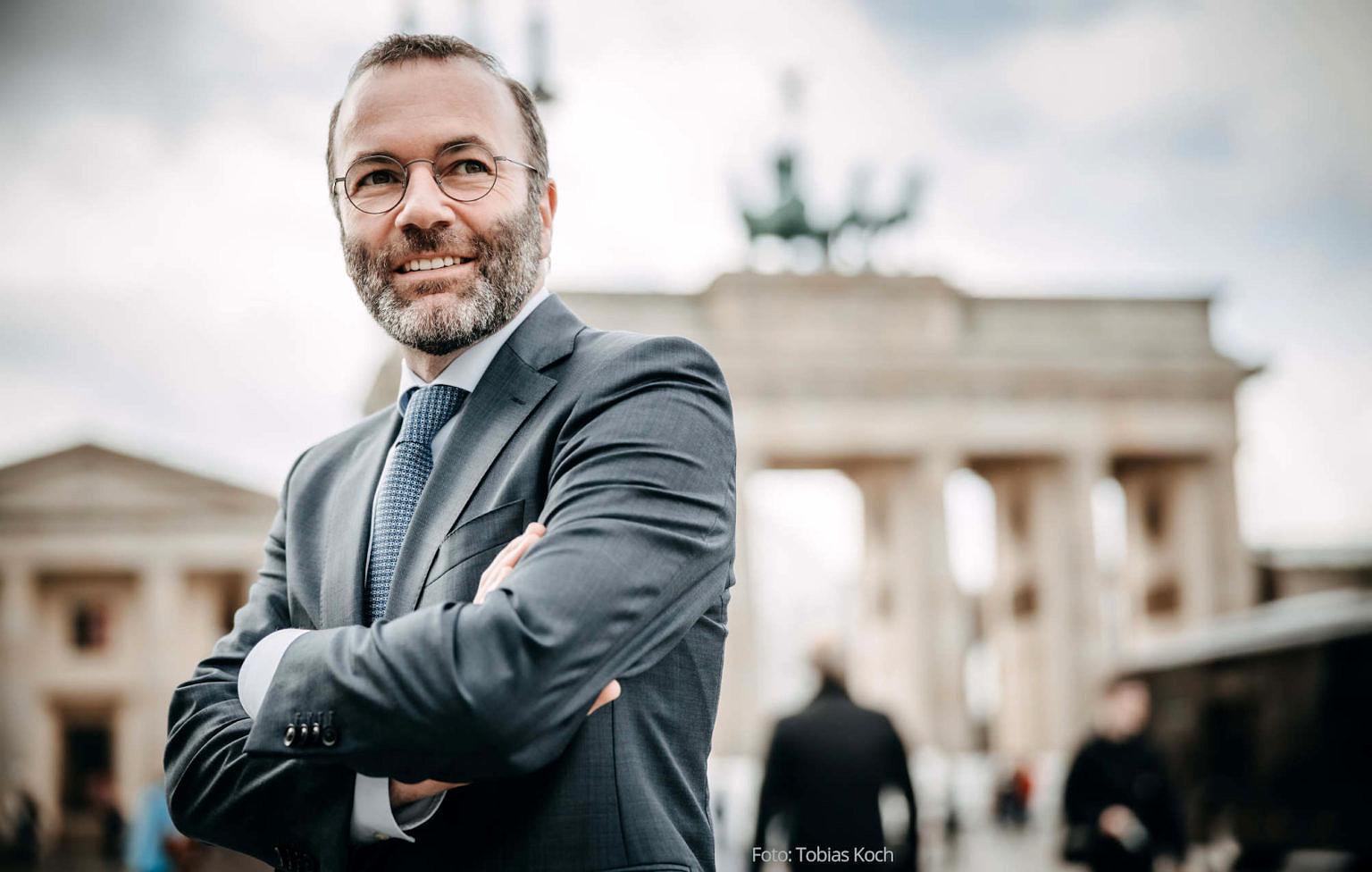Instead, we should take Konrad Adenauer, Robert Schuman, Alcide De Gasperi, Franz Josef Strauß and Helmut Kohl as our role models. With their understanding of politics, they did not exacerbate divisions, but overcame cleavages, splits and prejudices; on the one hand toward Germany’s neighbours, by creating the common house of Europe; on the other hand in society, by seeking majorities in the centre. Kohl promoted European decisions and explained them to the people. Today, some heads of government discredit EU decisions for the sake of quick applause, even though they or their governments were the architects of the respective decisions themselves. Those who compare the European Union to the authoritarian regime of the communists in the Soviet Union want to destroy the Europe built by Kohl’s generation of politicians. Strong nation states and a strong Europe are never contradictory, but a compelling necessity for a peaceful Europe. Kohl did not stand for a Europe of elites, one dominated by vetoes, he was engaged for a democratic Europe. In 2019, over 200 million Europeans elected their popular representation in the EU. The European Parliament therefore has a strong mandate. To accuse the Parliament of “overestimating” its role is absurd. No, as a comparatively young Parliament, we are only just beginning to fully play our role as Europe’s only directly elected chamber. The future is not unanimity in the Council, but majority decisions, in the freely elected European Parliament.
For Adenauer, the central experience from Weimar was that a republic never can be governed successfully from its extremes. His generation saw its task not in winning over staunch supporters of the (former) Nazi regime, but in overcoming a societal divisions and stand up for good compromises. They knew that a divided society would never have enough strength to successfully fight its way out of a crisis. Those who portray necessary compromises with social democrats and liberals in Europe as a betrayal of conservative values actually want coalitions with radicals like the AfD, Wilders or Le Pen. That will not happen with the EPP, CDU, CSU and me.
Christian values are not defined by those who pose as saviors of the West, but by the Holy Scriptures and the churches. Christian Democrats base their policies on the Christian view of human life. The C stands for freedom, solidarity, subsidiarity and responsibility in front of God, not for dismantling democracy and the rule of law or for egoism. Therefore, a functioning democracy, the independence of the judiciary, freedom of the media, religious freedom, equality of women and men or the social market economy are non-negotiable for us. Defending this European way of life is an essential mission of Christian Democratic politics. The new rule of law mechanism is therefore a milestone for the EU, but also an immense success for the EPP, as compliance with these fundamental values are now a binding reality in Europe.
The EU is not a cash-cow for subsidies, but a union of values . The values are first and foremost about the dignity of the individual, whether in Europe’s vibrant regions or in the refugee camp on Lesbos, whether you are Christian, Jew or Muslim. That is one of the real lessons we must learn from the historical experience in the Balkans. At the same time, effective external border protection is essential. Hungary has shown this with the strong border control, as have the EPP governments in Greece and Croatia and the financial strengthening of the EU border protection agency Frontex, which was forced through by the EPP Group. Not smugglers, but states must decide who enters Europe. This is pure EPP policy. Individual EU states should finally end their blockade on migration policy in order to combine strong external border protection with a humane refugee policy.
Together with climate change, the corona crisis is the greatest challenge of our time. They act like catalysts for fundamental transformation in business and technology. The digital revolution is challenging our economy, societies and politics as a whole. We must not repeat the mistakes of the first industrial revolution, which initially led to enormous social divisions and exclusions. We need a new social contract in Europe, especially between the winners and losers of digitalization. Corona has shown us again what innovative power and community spirit can be found in our continent if we combine our knowledge, resources and skills. After all, the first vaccine against Corona shows not only the enormous potential of personalized medicine, but also the competitive advantage of the European innovation: we work together across borders and focus on putting people at the core of innovation.
At the same time, for us there is no strong or weak Europe, no Europe of East and West or North and South. The vaccine arrives in all EU countries at the same time, no second-class Europeans. Our European social and economic model must be protected in the new world order after Corona where China is more dominant. As innovation leader we must set the global standards. We must use the enormous resources of the recovery fund in an innovation offensive for digital, environmentally friendly and, above all, future-oriented jobs. Otherwise, Central European regions will not be able to cope with structural change and Southern Europe will not overcome its tremendous youth unemployment. The recovery fund must become a renaissance of the European economic miracle in the spirit of oursocial market economy. No culture war will help us in this, but only innovative spirit, economic courage and social responsibility.
“Conservative means marching at the forefront of progress.” This slogan of Franz Josef Strauß still applies. We Christian Democrats became the defining political force in the post-war period because we oriented our policies toward the future rather than the past. The dismantling of the rule of law, nationalism or division are not useful tools for meeting the challenges in the 21st century. Only community spirit and an understanding of politics for bringing people together can positively shape our present. Whether Orban’s polarising and excluding approach to politics will be a companion here is more than questionable today. Making a decision on this is necessary for the EPP – the sooner, the better.
This text was published as Op-ed in the German weekly Welt am Sonntag on 27 December 2020.


